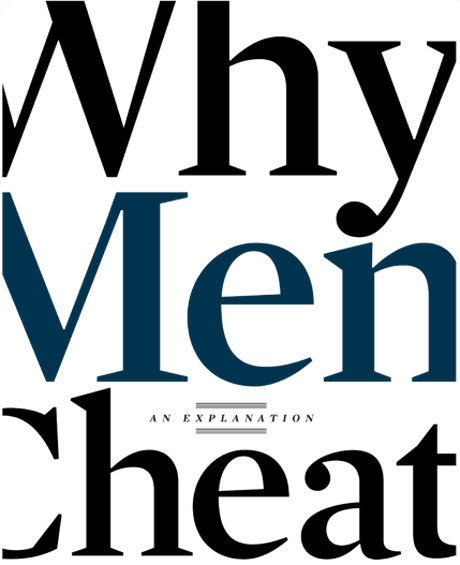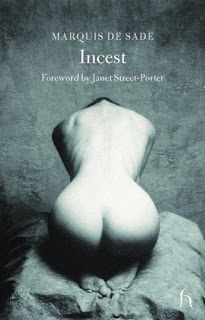Yesterday, while I was working, Jesse and one of his former ticket workers came to keep me company while the caterer took her break and there was a lull in the line. We spoke for a while before people came to get food. During that time, I was overhearing a conversation they were having about the former ticket worker's - I can't for the life of me remember his name - girlfriend and the car trouble she was experiencing the other day.
There had been warning signs that perhaps the head gasket was wearing down, but they didn't do much about it. I don't know a lot about cars, but the guy sure does. However, in the end, (though I didn't hear what the problem was) the gasket wasn't the issue - or at least that's what I heard. Oil had spilled over the engine - something terribly wrong.
If you're like me, then you pretty much know zilch about auto repair - I am, by the way, a lowly book hunter. If you're really like me, then the only thing you know about vehicles is how to turn them on. This is where Repair Pal comes into play. The site provides a much needed service for those who need to shop around for auto repairs. Offering estimates, car info, an encyclopedia of common problems - even a link to ask a question you can't seem to find the answer to.
The site also helps you find a shop near you - from New York to Los Angeles auto repair - that specializes from anything from a Ford Explorer to a BMW. This should be your first stop.
There had been warning signs that perhaps the head gasket was wearing down, but they didn't do much about it. I don't know a lot about cars, but the guy sure does. However, in the end, (though I didn't hear what the problem was) the gasket wasn't the issue - or at least that's what I heard. Oil had spilled over the engine - something terribly wrong.
If you're like me, then you pretty much know zilch about auto repair - I am, by the way, a lowly book hunter. If you're really like me, then the only thing you know about vehicles is how to turn them on. This is where Repair Pal comes into play. The site provides a much needed service for those who need to shop around for auto repairs. Offering estimates, car info, an encyclopedia of common problems - even a link to ask a question you can't seem to find the answer to.
The site also helps you find a shop near you - from New York to Los Angeles auto repair - that specializes from anything from a Ford Explorer to a BMW. This should be your first stop.




